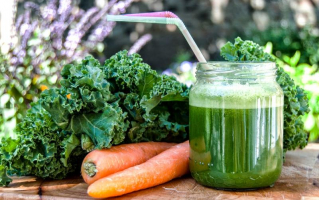Top 6 Health Benefits of Brussels Sprouts
Brussels sprouts are a member of the Brassicaceae vegetable family, which includes kale, cauliflower, and mustard greens. These cruciferous veggies are sliced, ... read more...washed, and cooked to produce a healthful side dish or main entrée. Brussels sprouts are abundant in several nutrients and have been linked to a variety of health advantages. Let's look at the finest Brussels Sprout health advantages.
-
Brussels sprouts are abundant in fiber, vitamins, and minerals while being low in calories. Here are some of the key elements found in 1/2 cup (78 g) cooked Brussels sprouts:
- Calories: 28
- Protein: 2 grams
- Carbs: 5.5 grams
- Fiber: 2 grams
- Vitamin K: 91% of the Daily Value (DV)
- Vitamin C: 53% of the DV
- Folate: 12% of the DV
Brussels sprouts are particularly high in vitamin K, which is required for blood clotting and bone health. They're also abundant in vitamin C, an antioxidant that aids iron absorption as well as tissue repair and immunological function. Furthermore, its high fiber content promotes regularity and digestive health. Brussels sprouts include trace levels of vitamin B6, potassium, iron, thiamine, magnesium, and phosphorus, in addition to the elements listed above.
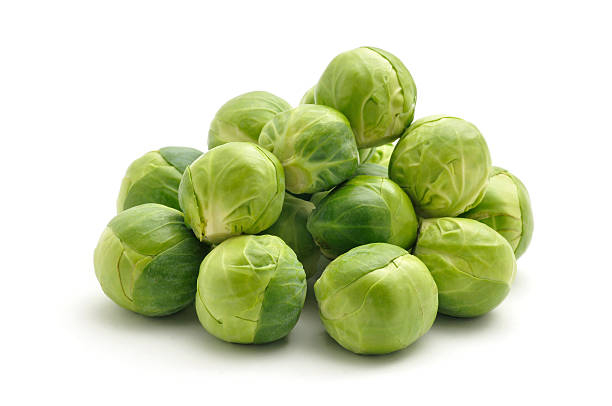
High in nutrients 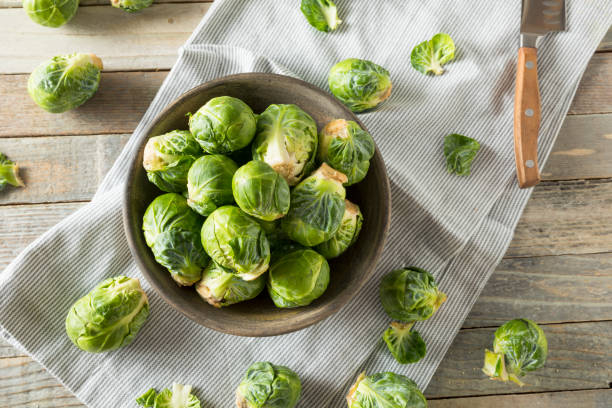
High in nutrients -
Brussels sprouts offer several health advantages, but their high antioxidant content is particularly noteworthy. Brussels sprouts are abundant in antioxidants, which boost general health and help prevent cell damage. Eating Brussels sprouts as part of a fruit and vegetable-rich diet will help your body acquire the antioxidants it needs to be healthy.
The fiber content of 1/2 cup of cooked Brussels sprouts is 2 grams. Fiber is crucial for your health, and having a sufficient quantity in your diet provides several health advantages. According to research, dietary fiber can help treat constipation by increasing stool frequency and softening stool consistency to make passage easier. Increased fiber consumption has also been linked to various health advantages, such as a lower risk of heart disease. Current recommendations include 14 grams of fiber for every 1,000 calories consumed per day. A person who needs 2,000 calories per day, for example, should consume 28 grams of fiber. Consuming Brussels sprouts alongside other fiber-rich foods such as other vegetables, fruits, and whole grains might help you reach your fiber requirements.
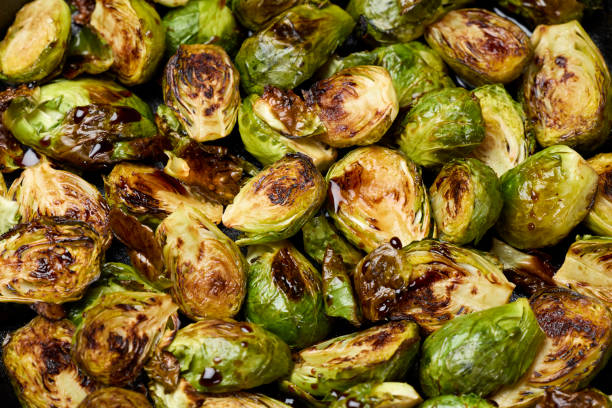
Rich in antioxidants and fiber 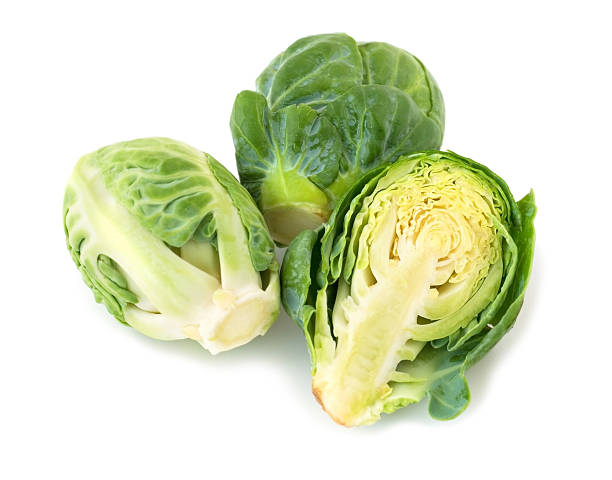
Rich in antioxidants and fiber -
Brussels sprouts are high in vitamin K. This essential vitamin is essential to your body. Coagulation, the production of blood clots that halt bleeding, requires it. Vitamin K may also aid with bone development and may help guard against osteoporosis, a disorder that causes gradual bone loss.
Notably, if you are using blood thinners, it is critical that you maintain a steady vitamin K consumption. As a result, you should limit your intake of vitamin K-rich foods such as Brussels sprouts. However, for most people who are not using this sort of medicine, increasing vitamin K consumption may result in several health advantages. Consuming Brussels sprouts alongside other fiber-rich foods such as other vegetables, fruits, and whole grains might help you reach your fiber requirements.
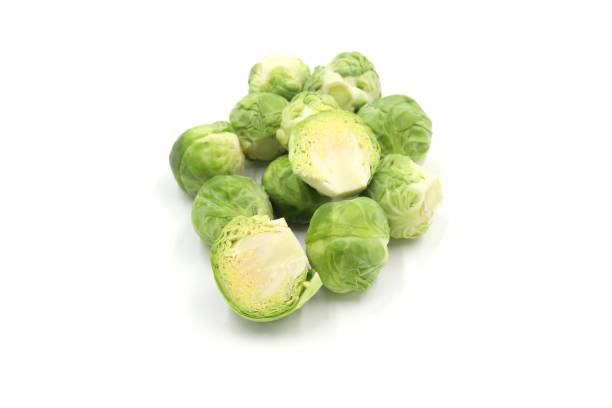
Rich in vitamin K 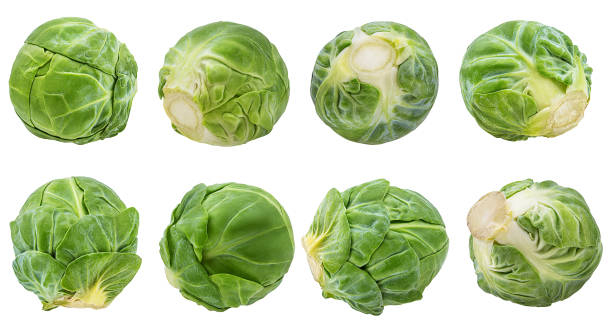
Rich in vitamin K -
Brussels sprouts may help keep blood sugar levels stable, in addition to their outstanding nutritional profile and an extensive list of health advantages. A higher diet of cruciferous vegetables, particularly Brussels sprouts, has been related to a lower risk of diabetes in many studies. This is most likely due to Brussels sprouts' high fiber content, which aids with blood sugar regulation. Including Brussels sprouts in your diet in addition to a balanced diet may help maintain your blood sugar levels constant.
If you don't like fish, it may be difficult to acquire enough omega-3 fatty acids in your diet. Fortunately, Brussels sprouts are high in alpha-linolenic acid, which your body converts to omega-3 fatty acids. These nutrients have been shown to decrease blood pressure, lower cholesterol, and support your blood sugar level.
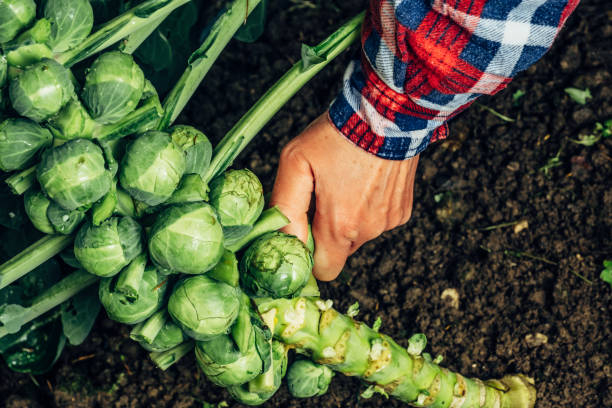
May help maintain healthy blood sugar levels 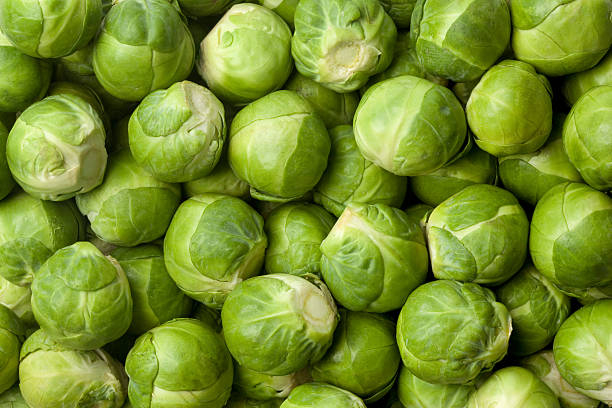
May help maintain healthy blood sugar levels -
Eating adequate omega-3 fatty acids might be difficult for persons who do not consume fish or seafood. Plant meals only contain alpha-linolenic acid (ALA), a form of omega-3 fatty acid that your body utilizes less efficiently than omega-3 fats found in fish and shellfish. This is due to the fact that your body must convert ALA to more active forms of omega-3 fatty acids, which it can only accomplish in limited quantities.
As a result, you may need to consume more ALA to achieve your daily omega-3 needs than you would if you get your omega-3 fats from fish or seafood. Including a couple of servings of Brussels sprouts in your diet once a week may help. Omega-3 fatty acids may help with heart health and cognitive function. They also help your immune system, lungs, and blood arteries to function properly.
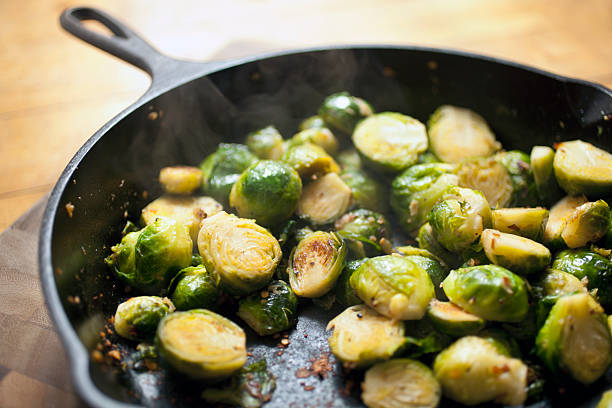
Contain ALA omega-3 fatty acids 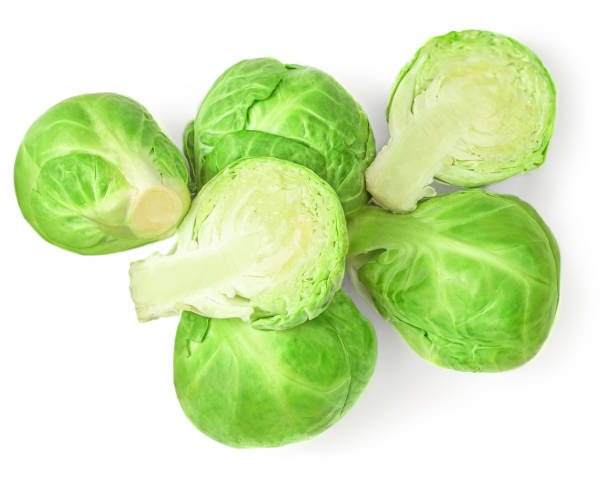
Contain ALA omega-3 fatty acids -
Every cooked 1/2 cup of Brussels sprouts has 48 milligrams of vitamin C. Vitamin C is essential for tissue development and repair in the body. It also serves as an antioxidant, aids in the formation of proteins such as collagen, and may even boost immunity. Vitamin C can also help you absorb non-heme iron, which is abundant in plant foods. This form of iron is not as easily absorbed by the body as iron obtained from animal sources.
Many fruits and vegetables contain vitamin C, but Brussels sprouts are one of the greatest vegetable sources. Even one or two servings of Brussels sprouts a few times a week will help you reach your vitamin C requirements.
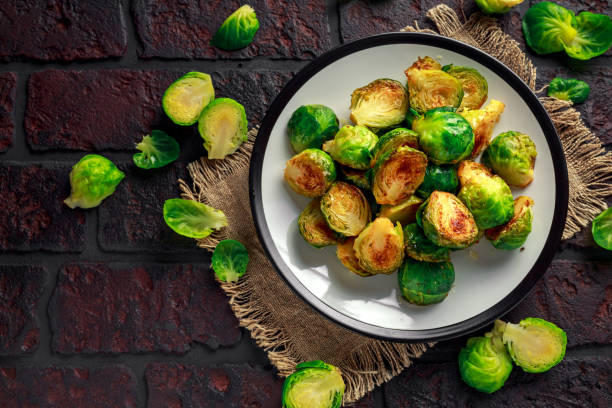
High in vitamin C 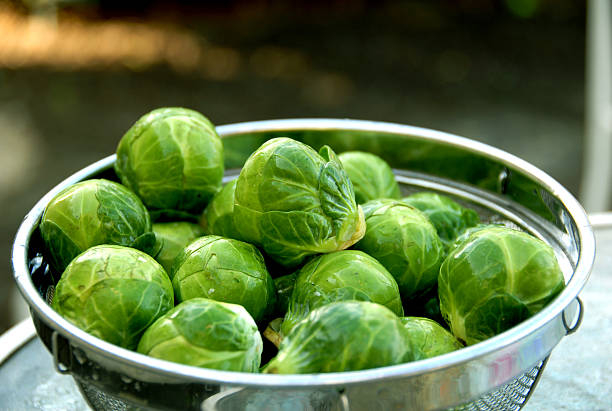
High in vitamin C



















